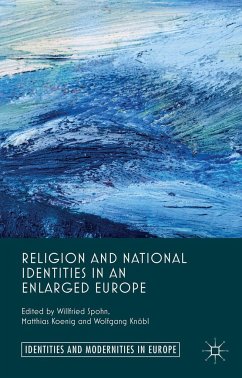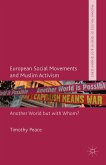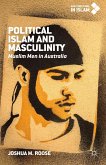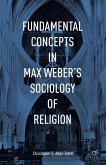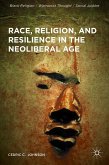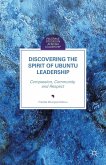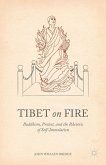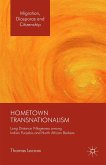This volume analyzes changing relationships between religion and national identity in the course of European integration. Examining elite discourse, media debates and public opinions across Europe over a decade, it explores how accelerated European integration and Eastern enlargement have affected religious markers of collective identity.
"This is a book that traces, conceptually, theoretically and empirically, the impact of EU institutions on identity - and more specifically, religious identity. Much of the strength of the book derives from a research design that combines rich analysis of individual case studies with the identification of broad patterns and common themes. ... editors have contributed to our understanding of the ways in which EU integration has shaped the development of national - and mainly religious - identity in different member states." (Daphne Halikiopoulou, Religion and Society in Central and Eastern Europe, Vol. 9 (1), 2017)
"This book sets out to redress the neglect of religion as an element of collective identities in the study of European integration from 1990-2010. ... it makes a valuable contribution to the study of the entanglement of religion with nationalidentities as they are effected by the processes of European integration. Hopefully this will provide a solid foundation for further research in this area, incorporating other cases, engaging with greater varieties of religion and encouraging interdisciplinary collaboration and debate." (Liam Sutherland, Nations and Nationalism, Vol. 22 (4), October, 2016)
"This book sets out to redress the neglect of religion as an element of collective identities in the study of European integration from 1990-2010. ... it makes a valuable contribution to the study of the entanglement of religion with nationalidentities as they are effected by the processes of European integration. Hopefully this will provide a solid foundation for further research in this area, incorporating other cases, engaging with greater varieties of religion and encouraging interdisciplinary collaboration and debate." (Liam Sutherland, Nations and Nationalism, Vol. 22 (4), October, 2016)

